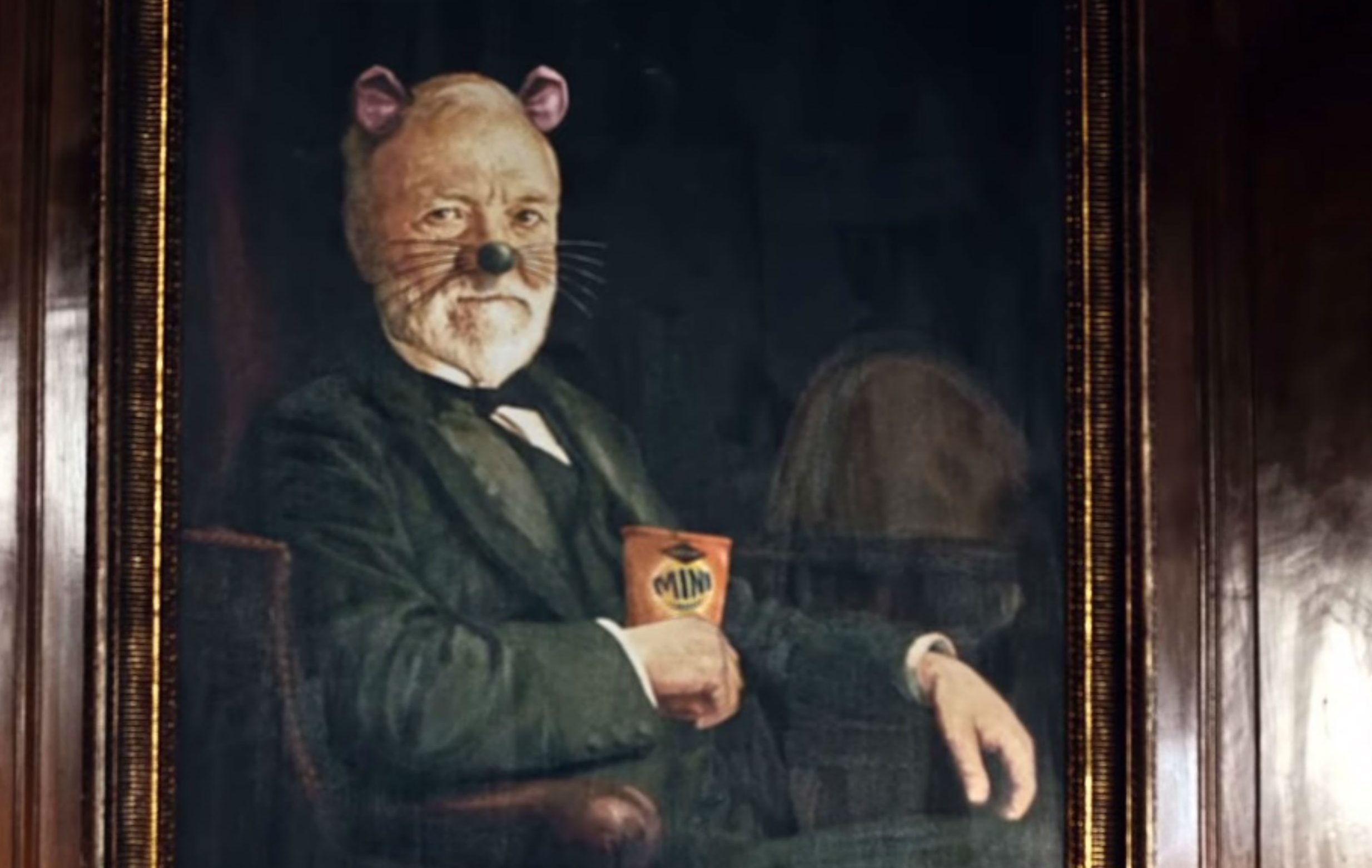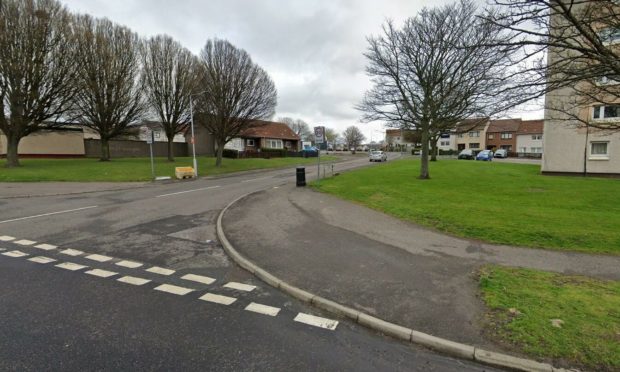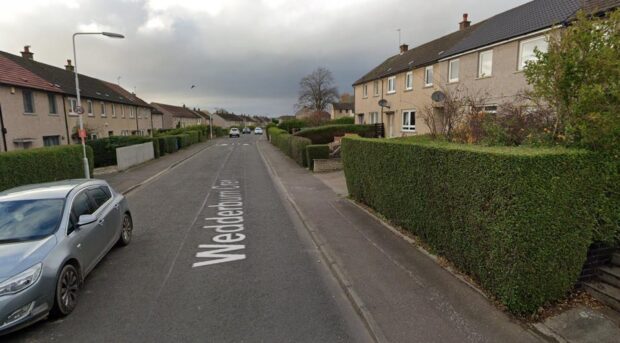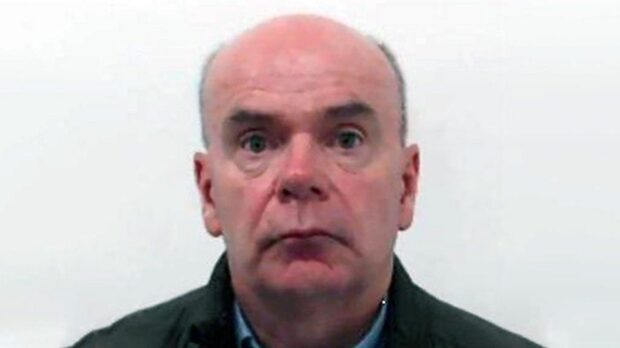A biscuit producer has apologised after an ad showing Scots businessman Andrew Carnegie as a cracker-munching mouse was branded “disrespectful”.
Sheila Pitcairn felt that one of Scotland’s most historically important men deserved better than to be conveyed as a rodent in an advert for Jacob’s Mini Cheddars.
Eagle-eyed viewers spotted a doctored portrait of Andrew Carnegie, who is thought to have been one of the richest people of all time, in a recent TV commercial.
The original portrait, which hangs in the Smithsonian Institution’s National Portrait Gallery in the American Capital of Washington DC, has added mouse ears and whiskers to the famous Scotsman in the ad.
The advert was meant to be humorous, but Fife historian Sheila Pitcairn said that it was disrespectful.
She said: “He deserves better than this. It’s disrespectful to oor Andrew and I don’t think Dunfermliners want that as he was a great man, no doubt about it.
“Andrew Carnegie enjoyed a good joke and didn’t mind the cartoons about him — they’re in the birthplace museum — as they were patriotic, showing him in a wee kilt with a two-side flag, Scotland on one side and America on the other.
“But I don’t think this is appropriate. He shouldn’t be mocked.”
Carnegie was born in Dunfermline in 1835 and later emigrated to the USA where, after starting work on the railroads, he made his wealth.
in 1901, he sold the Carnegie Steel Company, based in Pittsburgh, Pennsylvania, to JP Morgan for $480 million.
He gave away 90 per cent of his fortune to charities, foundations and universities with around 3,000 libraries being opened because of his support.
His money helped build the Peace Palace in the Hague, Netherlands, and the famous Carnegie Hall in New York.
He died in 1919 as a result of a battle with bronchial pneumonia.
A Jacob’s spokeswoman said: “In producing a light-hearted television advert featuring a fictitious society, we have inadvertently used a portrait of Andrew Carnegie.
“As a brand that has also come from humble, entrepreneurial beginnings, Jacob’s in no way intended to cause any disrespect to Andrew Carnegie and his memory in making this advert.
“We apologise to anyone to whom this may have caused offence.
“We are in the process of removing the scene containing the image of Andrew Carnegie from future advertorial.”










